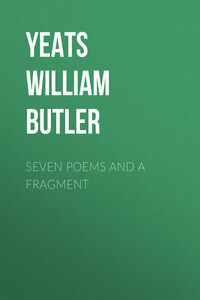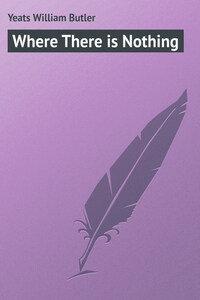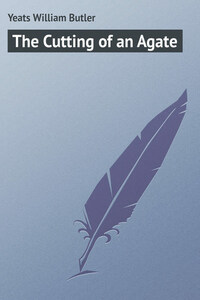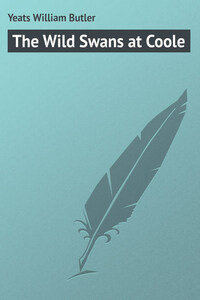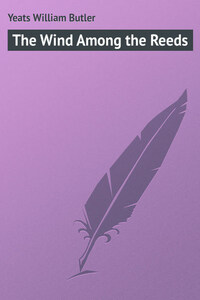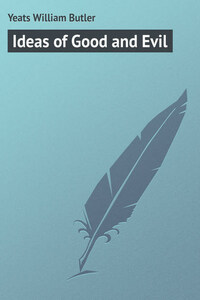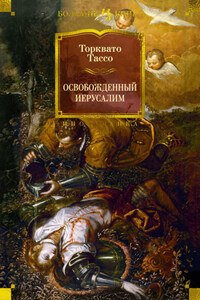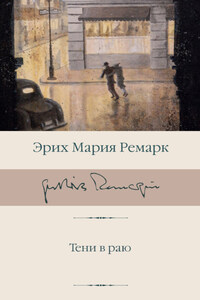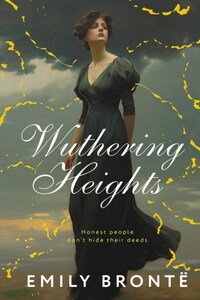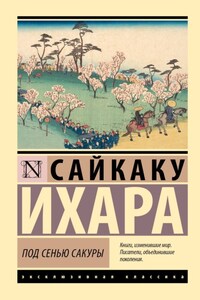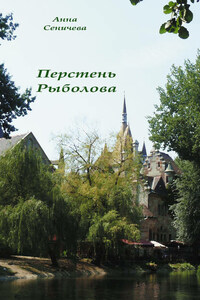The maker of these stories has been told that he must not bring them to you himself. He has asked me to pretend that I am the author. I am an old little Irish spirit, and I sit in the hedges and watch the world go by. I see the boys going to market driving donkeys with creels of turf, and the girls carrying baskets of apples. Sometimes I call to some pretty face, and we chat a little in the shadow, the apple basket before us, for, as my faithful historian O’Kearney has put it in his now yellow manuscript, I care for nothing in the world but love and idleness. Will not you, too, sit down under the shade of the bushes while I read you the stories? The first I do not care for because it deals with dull persons and the world’s affairs, but the second has to do with my own people. If my voice at whiles grows distant and dreamy when I talk of the world’s affairs, remember that I have seen all from my hole in the hedge. I hear continually the songs of my own people who dance upon the hill-side, and am content. I have never carried apples or driven turf myself, or if I did it was only in a dream. Nor do my kind use any of man’s belongings except the little black pipes which the farmers find now and then when they are turning the sods over with a plough.
PART I.
JOHN SHERMAN LEAVES BALLAH
I
In the west of Ireland, on the 9th of December, in the town of Ballah, in the Imperial Hotel there was a single guest, clerical and youthful. With the exception of a stray commercial traveller, who stopped once for a night, there had been nobody for a whole month but this guest, and now he was thinking of going away. The town, full enough in summer of trout and salmon fishers, slept all winter like the bears.
On the evening of the 9th of December, in the coffee-room of the Imperial Hotel, there was nobody but this guest. The guest was irritated. It had rained all day, and now that it was clearing up night had almost fallen. He had packed his portmanteau: his stockings, his clothes-brush, his razor, his dress shoes were each in their corner, and now he had nothing to do. He had tried the paper that was lying on the table. He did not agree with its politics.
The waiter was playing an accordion in a little room over the stairs. The guest’s irritation increased, for the more he thought about it the more he perceived that the accordion was badly played. There was a piano in the coffee-room; he sat down at it and played the tune correctly, as loudly as possible. The waiter took no notice. He did not know that he was being played for. He was wholly absorbed in his own playing, and besides he was old, obstinate, and deaf. The guest could stand it no longer. He rang for the waiter, and then, remembering that he did not need anything, went out before he came.
He went through Martin’s Street, and Peter’s Lane, and turned down by the burnt house at the corner of the fish-market, picking his way towards the bridge. The town was dripping, but the rain was almost over. The large drops fell seldomer and seldomer into the puddles. It was the hour of ducks. Three or four had squeezed themselves under a gate, and were now splashing about in the gutter of the main street. There was scarcely any one abroad. Once or twice a countryman went by in yellow gaiters covered with mud and looked at the guest. Once an old woman with a basket of clothes, recognizing the Protestant curate’s locum tenens, made a low curtsey.
The clouds gradually drifted away, the twilight deepened and the stars came out. The guest, having bought some cigarettes, had spread his waterproof on the parapet of the bridge and was now leaning his elbows upon it, looking at the river and feeling at last quite tranquil. His meditations, he repeated, to himself, were plated with silver by the stars. The water slid noiselessly, and one or two of the larger stars made little roadways of fire into the darkness. The light from a distant casement made also its roadway. Once or twice a fish leaped. Along the banks were the vague shadows of houses, seeming like phantoms gathering to drink.
Yes; he felt now quite contented with the world. Amidst his enjoyment of the shadows and the river – a veritable festival of silence – was mixed pleasantly the knowledge that, as he leant there with the light of a neighbouring gas-jet, flickering faintly on his refined form and nervous face and glancing from the little medal of some Anglican order that hung upon his watch-guard, he must have seemed – if there had been any to witness – a being of a different kind to the inhabitants – at once rough and conventional – of this half-deserted town. Between these two feelings the unworldly and the worldly tossed a leaping wave of perfect enjoyment. How pleasantly conscious of his own identity it made him when he thought how he and not those whose birthright it was, felt most the beauty of these shadows and this river? To him who had read much, seen operas and plays, known religious experiences, and written verse to a waterfall in Switzerland, and not to those who dwelt upon its borders for their whole lives, did this river raise a tumult of images and wonders. What meaning it had for them he could not imagine. Some meaning surely it must have!

